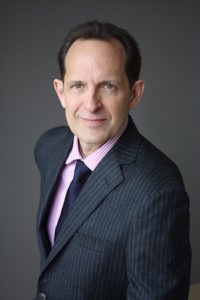 On Faith and Doubt in the Modern World
On Faith and Doubt in the Modern World
Is belief in God a product of wishful thinking? Is religious belief a symptom of neurotic behavior? If there is no God, is everything permissible? Is atheism (new and old) parasitic on the moral convictions inspired by religion? Is religion a primitive stage in human intellectual development in need of an education to reality? Does religion promote violent tendencies among individuals and groups? Is it inherently immoral? On what basis do some intelligent people argue that belief in God is rational and others that belief in God violates reason?
On March 27th, Charles Marsh will consider such questions in the Charles Franklin Finch Lecture at High Point University by observing modern critiques of religion and the implications of such critiques for people of faith. The lecture will aim to convey the variety of interpretations given to the idea of God in modernity and to clarify the conditions of responsible religious belief in a pluralistic and possibly post-modern world.
Entitled “Faith and Doubt in the Modern World: Christian Witness in the 21st Century and Engagements with its Cultured Despisers,” the presentation will begin at 5:30 pm in the Francis Auditorium of High Point University’s Phillips Hall. No tickets are required to attend, and the event is open to the public.
Find more event information on High Point University’s website here. For a full listing of our spring speaking engagements with Charles Marsh and others, visit our events calendar here.
Charles Marsh is the Commonwealth Professor of Religious Studies at the University of Virginia and the director of the Project on Lived Theology. His research interests include modern Christian thought, religion and civil rights, Dietrich Bonhoeffer, and lived theology. His publications include Strange Glory: A Life of Dietrich Bonhoeffer (2014) and God’s Long Summer: Stories of Faith and Civil Rights (1997), which won the 1998 Grawemeyer Award in Religion.

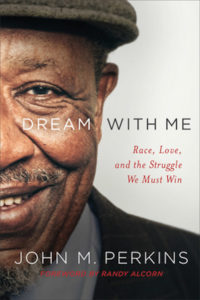 Race, Love, and the Struggle We Must Win
Race, Love, and the Struggle We Must Win Evaluating Current Events Through Scripture
Evaluating Current Events Through Scripture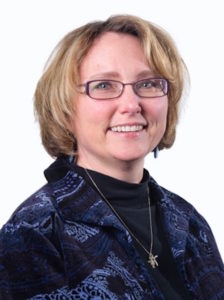 Spring Institute for Lived Theology 2016/2017 Author Series
Spring Institute for Lived Theology 2016/2017 Author Series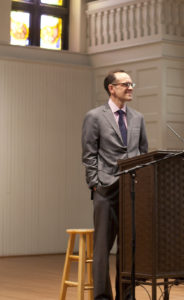 A Roanoke College Symposium
A Roanoke College Symposium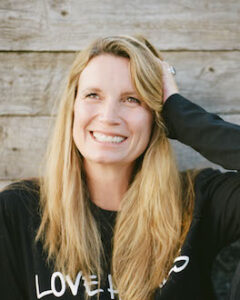 Spring Institute for Lived Theology 2016/2017 Author Series
Spring Institute for Lived Theology 2016/2017 Author Series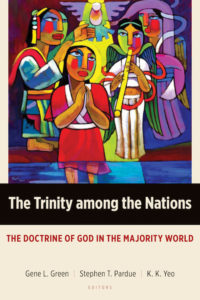 The Doctrine of God in the Majority World
The Doctrine of God in the Majority World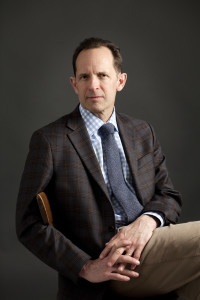 On Reconciling in Community
On Reconciling in Community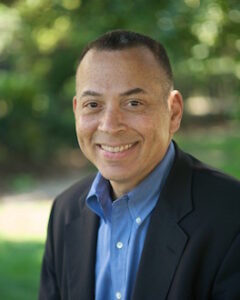 Spring Institute for Lived Theology 2016/2017 Author Series
Spring Institute for Lived Theology 2016/2017 Author Series A Christian Critique of the Gun Movement
A Christian Critique of the Gun Movement